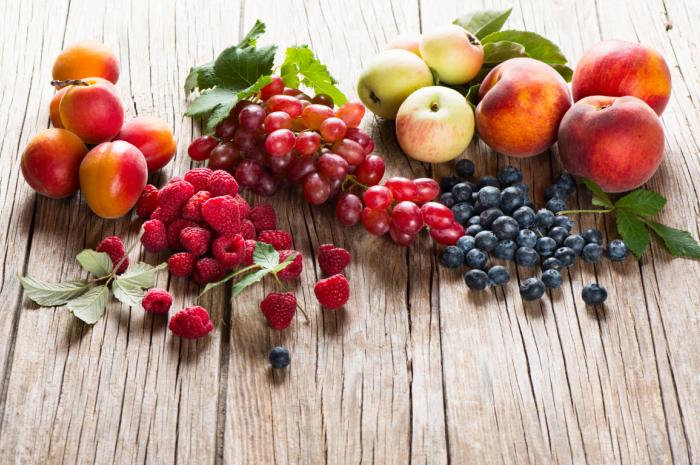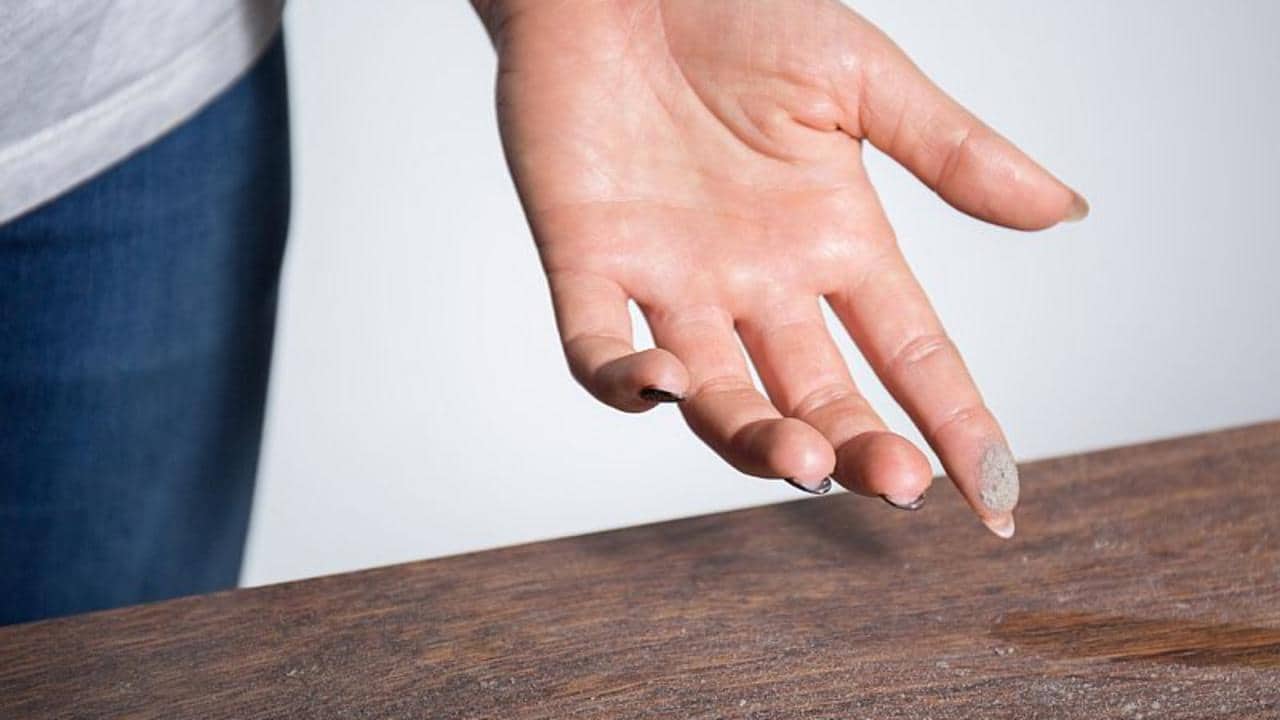Contents:
- Medical Video: Strawberries: The Cholesterol-Fighting Fruit
- How can fruit reduce cholesterol?
- List of cholesterol-lowering fruits that must be consumed regularly
- 1. Apple
- 2. Avocados
- 3. Pears
- 4. Berries (strawberry, blueberry, cranberry)
- 5. Wine
- 6. Papaya
- 7. Guava
- 8. Orange
Medical Video: Strawberries: The Cholesterol-Fighting Fruit
If not controlled, high cholesterol can trigger a stroke or even a heart attack. In addition to exercising and taking cholesterol medication, you should pay attention to what you eat. Start reducing foods high in saturated fats, such as fried foods, and multiply eating healthy foods such as fruit and vegetables. Yes. There are many fruits that can help lower cholesterol. Come on, get acquainted with various types of cholesterol-lowering fruits below.
How can fruit reduce cholesterol?
High levels of cholesterol in the blood eventually cause fat to accumulate and harden in the walls of blood vessels. In the end, this fat plaque will narrow the blood vessels so that blood cannot flow smoothly. This narrowing of the arteries increases a person's risk of having a heart attack and / or stroke.
Fruits contain water-soluble fiber. Water soluble fiber can bind bile acids, which can reduce the absorption of fats and cholesterol in the blood. One type of soluble fiber that is proven to reduce cholesterol by up to 10% is pectin.
In addition to fiber, fruits also contain chemical compounds that can increase HDL good cholesterol levels, which help facilitate blood flow and prevent heart disease.
List of cholesterol-lowering fruits that must be consumed regularly
1. Apple
Apples, especially their skin, contain pectin - a water soluble fiber that is effective in lowering cholesterol. Pectin works to absorb cholesterol and bad fats in the small intestine, to be taken out of the body through urine and feces.
Apples also contain vitamins and antioxidant polyphenols which help reduce inflammation. Moreover, apple fiber provides a long satiety so you can avoid cravings for eating unhealthy foods.
2. Avocados
Avocados are a source of monounsaturated fats, which are good for heart health. Avocados are also rich in vitamins, minerals, and, and compounds that inhibit the absorption of cholesterol in the body. Eating 1 avocado per day can help reduce bad cholesterol (LDL).
Research shows that in addition to affecting cholesterol levels, avocados can provide a feeling of fullness that is more durable - even up to 3-5 hours after consumption - and stabilize blood sugar levels.Avocados are also rich in glutathione, an antioxidant that plays a role in preventing cancer and heart disease.
3. Pears
Pears are high in natural fiber. One medium size pear can cover 16% of your daily fiber needs. In fact, the value of pear fibers is higher than apples. The type of fiber contained in pears is pectin. Pectin binds cholesterol and transports it out of the body so that bad LDL cholesterol levels in the body can decrease.
4. Berries (strawberry, blueberry, cranberry)
Family berries are rich in pectin, a water soluble fiber that can bind cholesterol absorbed in the small intestine, so that bad cholesterol levels decrease and are replaced with good HDL cholesterol.
The research belongs toErlund et al with 72 research subjects who had risk factors for cardiovascular disease, it was shown that intake of 2 servings of berries per day (1 serving after lunch, 1 portion after dinner) can increase both HDL cholesterol levels and reduce systolic blood pressure.
In Basu's research et al with 16 female subjects, regular intake of berries decreased LDL cholesterol in 4 weeks.
In addition, bThe fruits of the berry are also high in polyphenols, antioxidants that are good in the body.
5. Wine
Same with other fruits, grapes are also rich in water soluble fiber that can bind cholesterol absorbed in the small intestine.
Research shows that wine has high antioxidant compounds, especially red wine. Antioxidants can help increase HDL cholesterol and reduce bad LDL cholesterol and triglycerides in the blood. that's why wine is an excellent snack for people who have itcoronary atherosclerosis.
The antioxidant quercetin present in wine can also fight inflammation in the body.
6. Papaya
Papaya is an HDL cholesterol-lowering fruit that is also high in antioxidants such as lycopene, vitamin C, and vitamin E.
Cholesterol can attach to blood vessels in the event of oxidation, until finally it collects to form plaques and cover blood vessels. Vitamins E and C in papaya will blend with an enzyme called paraxonase which will inhibit the occurrence of cholesterol oxidation in blood vessels.
7. Guava
Guava contains vitamins and antioxidants that work to protect the heart from damage caused by free radicals. Levels of potassium and water soluble fiber in guava can also help lower cholesterol and blood pressure, while increasing HDL good cholesterol levels can prevent various heart diseases.
Research conducted in Malaysia for 9 weeks showed that the intake of guava fruit as much as 400 grams per day increased total HDL cholesterol in the blood and antioxidant levels in the body.
8. Orange
Oranges are rich in water soluble fiber that can bind cholesterol absorbed in the small intestine. This orange cholesterol-lowering fruit contains d-limonene, a chemical that is useful for dissolving cholesterol and at the same time helps inhibit the development of cancer of breast cancer and colon cancer. The benefits of citrus as an anticancer are reported by a personresearch in 2007.
Orange is also a fruit that is high in vitamin C. Vitamin C not only helps prevent the buildup of LDL cholesterol levels, but also reduces the risk of cardiovascular disease.
Come on, start getting used to diligently eating fruit at least 2-3 servings a day to maintain health and fitness.












